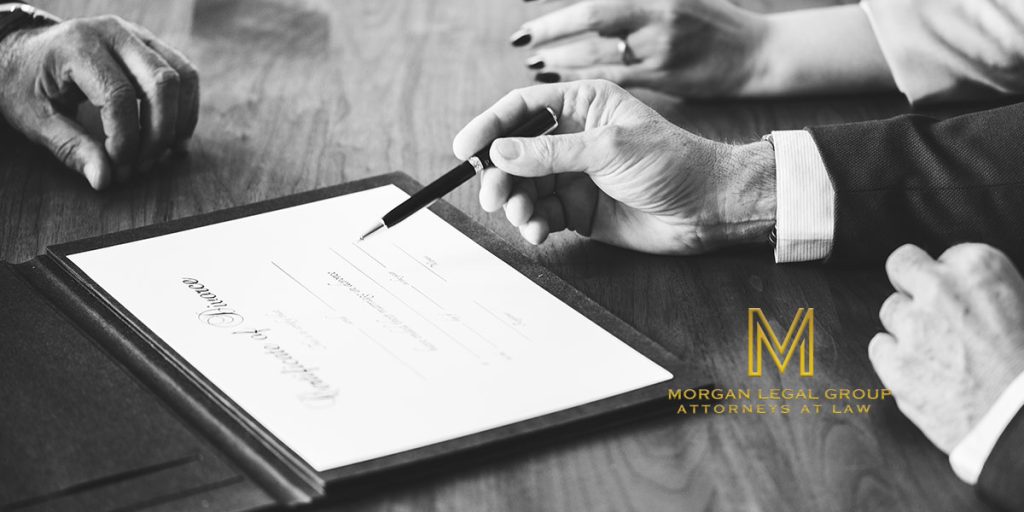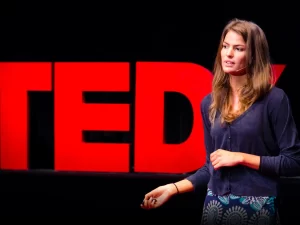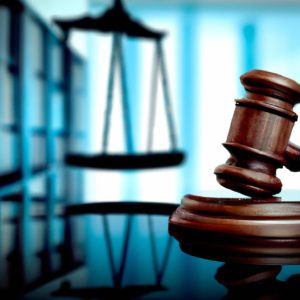Introduction
Probate is a crucial legal process that occurs after an individual passes away. It involves validating their will and ensuring the orderly distribution of their assets and property to heirs and beneficiaries. For residents in New York City, probate can be carried out through two primary procedures: formal probate and informal probate. These two approaches have distinct characteristics, advantages, and complexities.
Formal Probate Proceedings
Formal probate proceedings are defined by their adherence to strict legal regulations and court supervision. Here are the key aspects of formal probate:
1. Court Supervision
In formal probate, the court plays a substantial role in overseeing the entire process. This supervision is intended to ensure that all legal requirements are met, protecting the interests of all parties involved.
2. Complexity
Formal probate proceedings can be considerably more intricate and time-consuming compared to informal probate. They often entail multiple court hearings and extensive documentation.
3. Will Challenges
When there are disputes or challenges to the validity of the will, formal probate provides a structured process for addressing these issues in court. This can involve issues like undue influence or lack of testamentary capacity.
4. Executor Appointment
If the deceased did not name an executor in their will or if the named executor is unable or unwilling to serve, the court will appoint an executor to manage the estate’s administration.
Informal Probate Proceedings
Informal probate proceedings, in contrast, are generally simpler and more streamlined. Here are the key aspects of informal probate:
1. Limited Court Supervision
Informal probate involves minimal court oversight. The court’s primary role is to ensure that the will is genuine and that the appointed executor meets the necessary qualifications.
2. Expediency
Informal probate proceedings are often faster and more efficient than their formal counterparts. This can significantly reduce the time required to distribute assets to beneficiaries.
3. Uncontested Wills
Informal probate is typically used when there are no disputes over the will’s validity or the appointment of the executor. It assumes that the will is uncontested.
4. Executor Appointment
If the will designates an executor, they can serve without the need for court appointment, provided they meet the necessary legal criteria. If there is no named executor or they cannot serve, the court may appoint one.
Choosing Between Formal and Informal Probate
Determining whether to pursue formal or informal probate depends on various factors, including the complexity of the estate, the presence of disputes, and the preferences of the deceased individual’s family. It is advisable to consult with an experienced probate attorney to determine the most suitable approach for your specific situation.
Conclusion
Formal and informal probate proceedings in New York City offer different avenues for settling an estate. While formal probate entails a higher level of court oversight and is necessary in certain scenarios, informal probate provides a quicker and simpler alternative when the will is uncontested. Understanding these differences is crucial for efficient estate administration.







